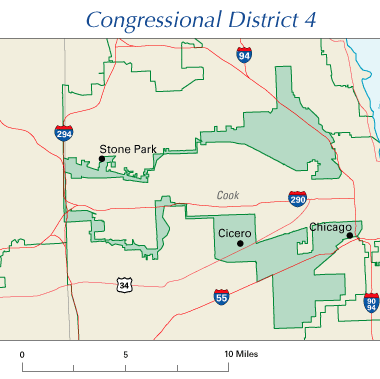First of all, the way we register voters and conduct elections should be changed to increase awareness and turnout, especially among demographics who have low turnout rates such as youths, minorities, and the poor. Many countries such as Germany and Israel, automatically register voters once they're eligible. Similarly, I believe all US citizens over the age of 18 and without a criminal record should be put on the voter rolls without having to sign up. This will not involve compulsory voting, however, as is the case in some countries such as Australia. I believe, in addition, that election laws should so that the time when polling places are open, early voting opportunities, and voting by mail procedures are consistent nationally. Making Election Day a national holiday would also be a good idea by ensuing that many people who are pressed for time due to work and other commitments have the opportunity to vote.
With regards to Presidential elections, the Electoral College needs to be abolished as soon as possible joining the powdered wig and the musket as an 18th Century invention. While the obvious replacement is to have the President be elected by the popular vote, a problem arises if we implement the system of making the candidate who receives the most votes the winner as that means a party that had split or had a significant third party leeching off ballots (as was the case with Ralph Nader in 2000) will often lose, even if among the top candidates that party is preferred. As a result, implementing a two-round election system (as France does in its presidential elections) would be a better idea. In such a system, if no candidate received 50% or higher of the vote, a run-off election would be scheduled some time later between the top two candidates to determine the final winner. Ideally this would encourage political diversity by allowing more candidates With the President elected directly by the popular vote, candidates would have to visit and campaign in all corners of the country rather than just in a handful of swing states. While some may argue that this will lead to states that have few people being ignored due to candidates looking for the most amounts of voters, this is a nonissue as most small states are (with a few exceptions such as New Hampshire) already safely in the camp of one party such as Vermont which is overwhelmingly Democratic or Idaho which is strongly Republican.
Avoiding the issue of reforming the distribution of powers in Congress for the moment, the structure of House of Representatives also demands change. As pointed out previously, the number of Representatives has not been increased for over a century (with a brief exception when Alaska and Hawaii were granted representatives), the number of people represented by a single Congressman has grown to an average of 710,767. To reform this system, the number of Congressional districts ought to be increased by a large amount-for example were it increased to 800, the number of people in an average district would go down to about 396,485, which still is far higher than most other countries. The 2012 elections for the US House showed another problem, as while Democratic candidates for the House received more votes, the Republicans still retained a safe majority. Part of this was caused by gerrymandering (which should be corrected by establishing a nonpartisan committee to redraw Congressional boundaries on a national level as is already the case in some states such as California) but it was also caused by the way Democratic and Republican voters are concentrated. To ameliorate this, a move towards a German system of a mixed-member proportional system which combines the current representatives elected in geographical districts along with representatives elected on a national level by party. The nationally-elected representatives should be distributed in a manner that will actually reflect the vote totals for Congressional candidates to correct for the geographically elected members.
As stated previously, this series will continue with addressing other fundamental problems our country has along with proposing some solutions to them.



